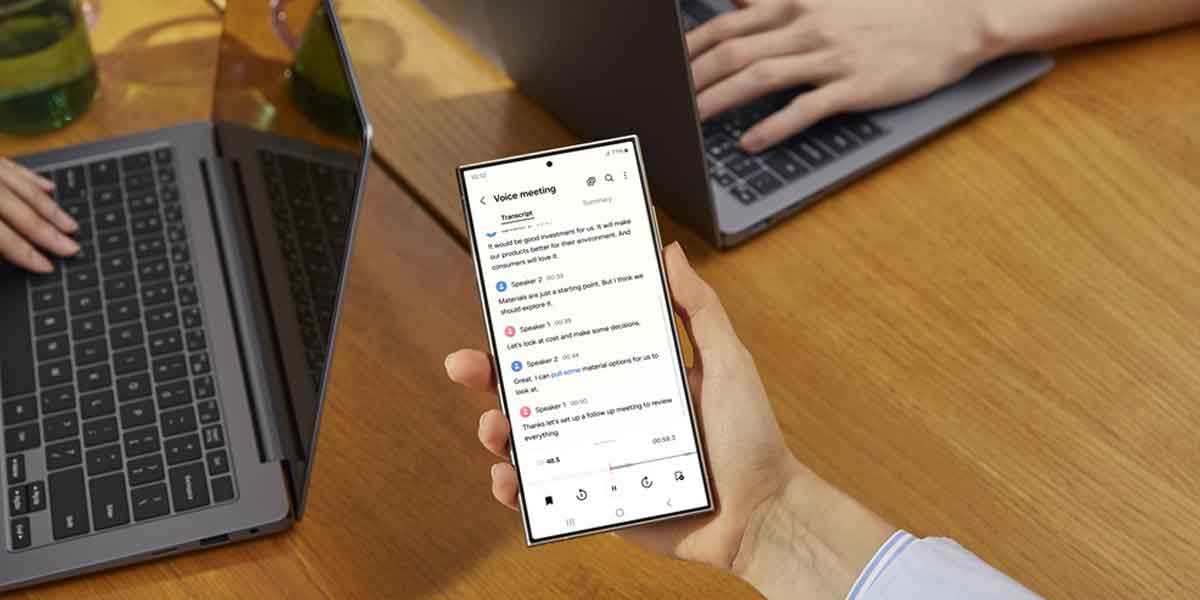
By Joseph B.A. Marzan
The Enhanced Community Quarantine (ECQ) imposed on the country, particularly in the city and province of Iloilo, have psychological effects, according to a psychologist.
The ECQ has been the immediate policy imposed by local governments to prevent the community spread of the coronavirus disease 2019 (COVID-19).
Also called a lockdown, ECQ limits activities ranging from work, school, transportation, mass gatherings, and businesses to maintain physical distancing.
Disaster clinical psychologist Dr. Johnrev Guilaran said several possible mental effects may arise from limited mobility and one major consequence is boredom.
“As people know and may have experienced, there’s boredom. People get bored during the quarantine, and as simple as it may sound, prolonged boredom can be very distressing. People may also feel frustrated during these times. When one has limited mobility, there is that sense of not having the freedom to do a lot of things that you have done before and that is very frustrating,” Guilaran said.
Being in quarantine may also bring about the feeling of fear and anxiety.
“The idea of being in quarantine also indicates that there is an actual threat of the virus. So while the quarantine is a preventive measure, people under quarantine may experience that looming fear of getting infected. During the quarantine period, there’s limited information about loved ones, about what’s going on, and this contributes to the anxiety that people experience. Prolonged quarantine, as I have said, may exacerbate anxiety and this may not be ideal for those with existing mental health conditions such as depressive and anxiety disorders,” he added.
But Guilaran said people under quarantine will tend to adjust to their present situation even as he shared some tips to adjust in case of anxiety.
“I would like to emphasize that most people will eventually adjust. When people start to get anxious, one of the techniques that I teach is to do some relaxation exercises. A simple grounding technique would be to close one’s eyes and start focusing on [just one] particular sound (just one sound). If they are not able to or not comfortable closing their eyes, they can look at a particular object, [maybe] a dot in the wall, and just simply stare at it for a time. Of course, there are breathing exercises that one can do. Breathing in through the nose, holding it for a [few] seconds, and breathing out through the mouth while focusing on the entry and exit of the air,” Guilaran explained.
Acquiring new skills or rediscovering pastimes can also help the population cope during the so-called lockdown.
“[Coping] will depend on what resources they have. For example, they can learn a new skill—something that can be done within the comforts of their own homes. They can watch TV or Netflix and also socialize via social media or through messaging apps. They can also distract themselves by doing an activity that they love. This shifts the focus from the anxiety-provoking events or thought to the activity,” Guilaran said.
SOCIAL OR PHYSICAL DISTANCING?
Guilaran also clarified the term ‘social distancing’ which had been going around since the pandemic emerged.
“We emphasize that it is [more of] “physical distancing,” [rather than] “social distancing”. While we distance ourselves physically from each other, we [must] remain socially connected,” he said.
Guilaran emphasized that connections are still important in the current situation.
“Maintaining social connection is one of the things that people can do while on quarantine. One way is to develop a habit of checking with each other and message how they are, among others. It is very distressing to not have any information about the loved ones during the quarantine period, so it will ease the distress and lessen the worry if our loved ones know how we are. They can also talk to people whom they trust and share their worries and anxieties.”
Guilaran warned, however, that social media isn’t the only way to maintain connection and should only be used in moderation.
“While social media could be another platform, things on social media could be very distressing and overwhelming. There is so much information in there that is mostly not useful, if not harmful, because they incite more anxiety, so [my advice is to] use social media moderately,” he added.
Guilaran also advised working professionals on how to adjust to “work-from-home” schemes.
“Most of us now have the work from home arrangements. It will take a while before some of us can adjust. One way that I suggest that people do is to make the delineation between ‘home’ and ‘work’ clearer. A strategy that I do is that when I do work here at home [is] not [to] work inside the bedroom, and to try to still follow [the] usual routine, such as waking up in the morning, taking a shower, even dressing for work even if only staying inside the house. This [can] allow to mentally separate home life from work life,” he added.






















